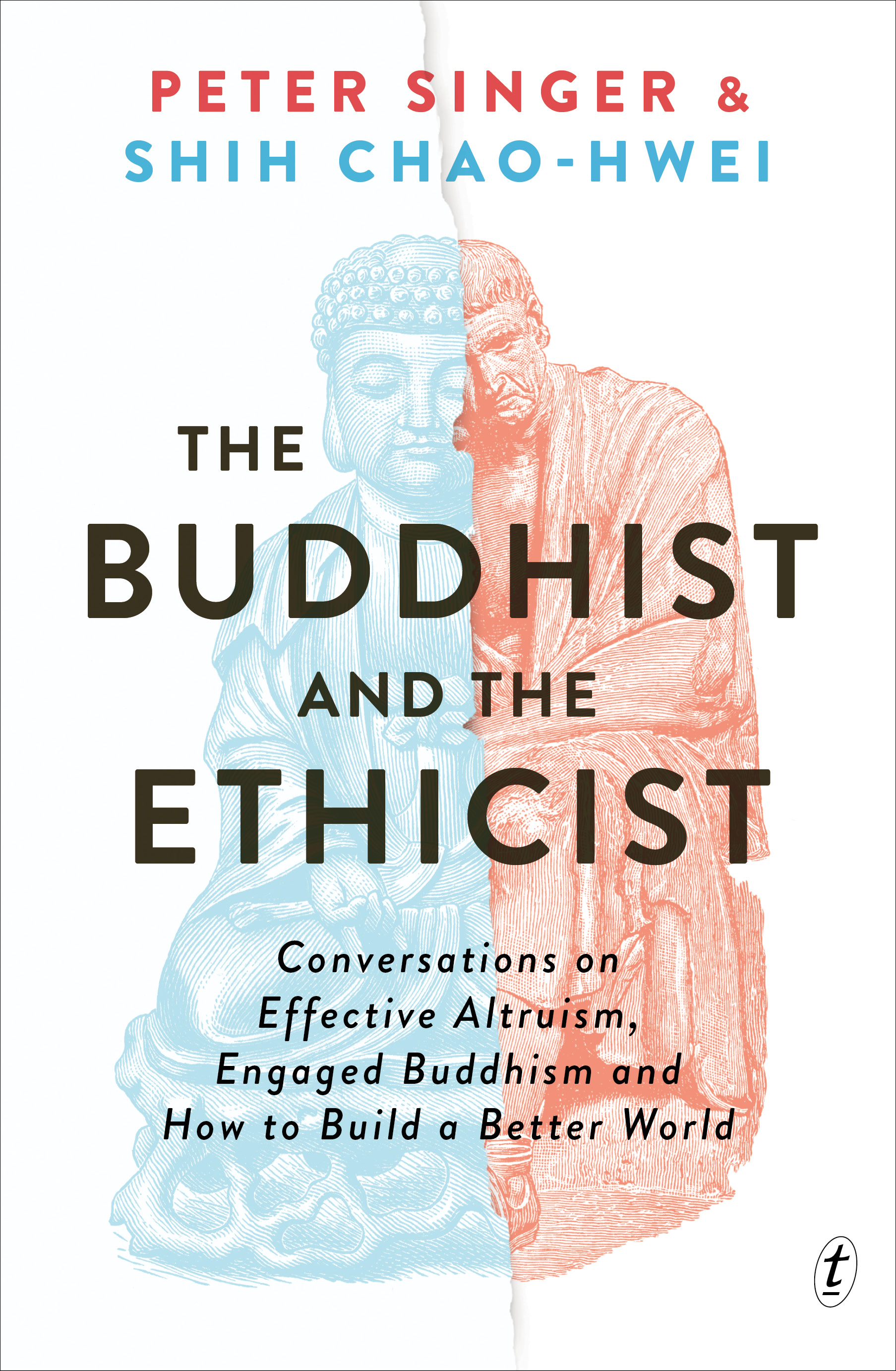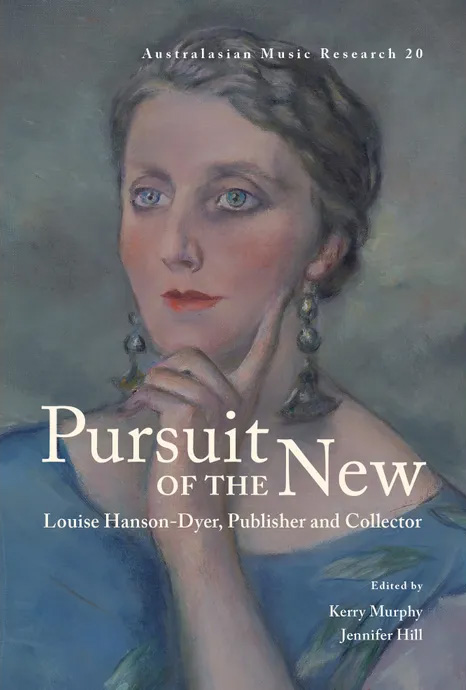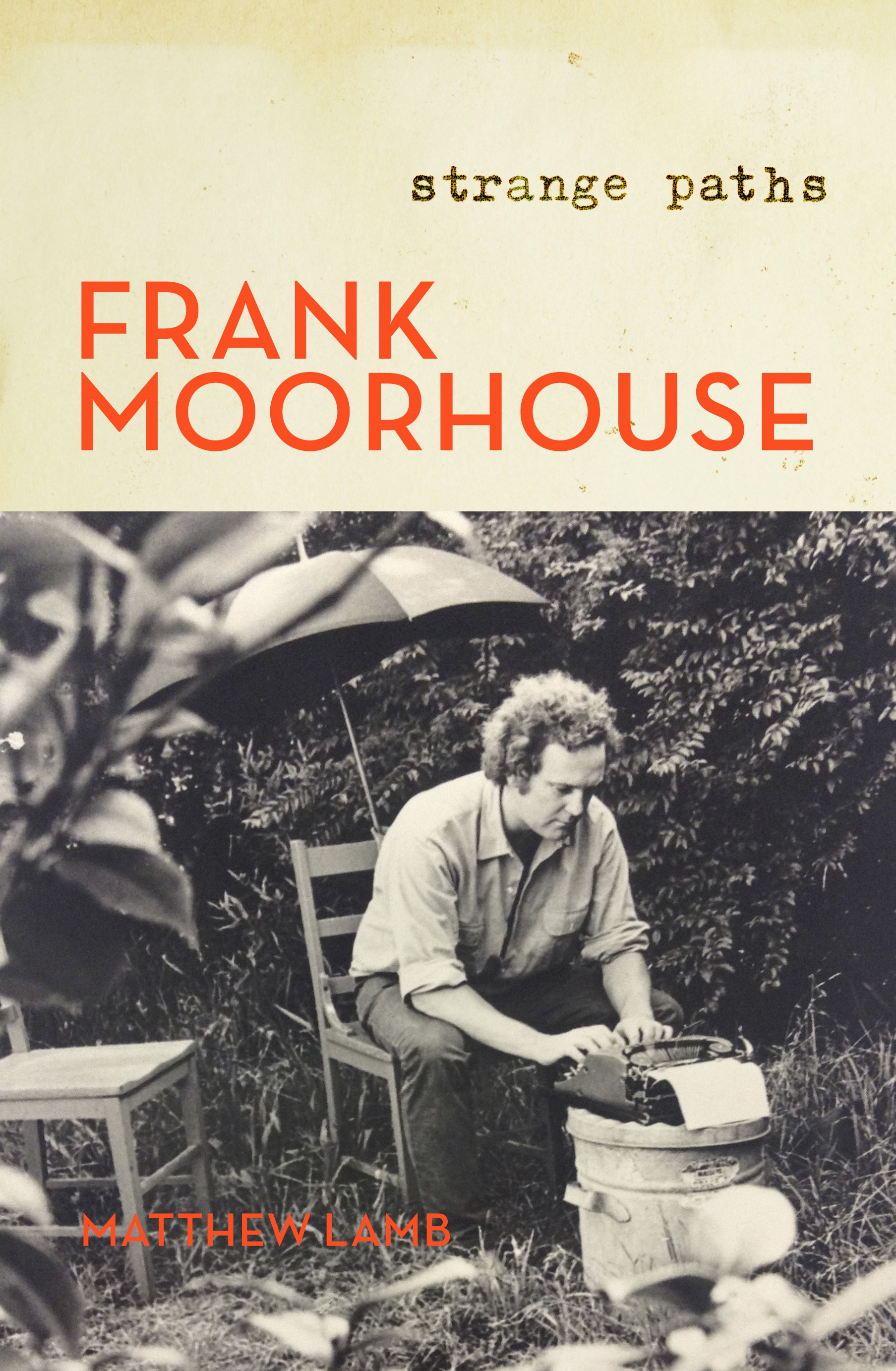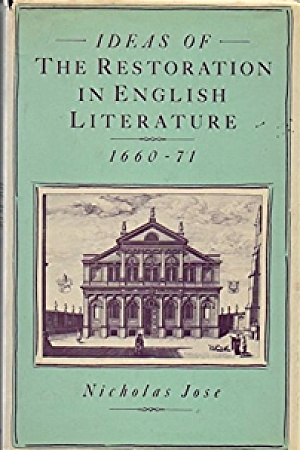Letters - July-August 2009
The bar is set high
It was a great pleasure to read this year’s Calibre winning and commended essays in ABR. The essays written by Jane Goodall, Kevin Brophy and Rosa-leen Love continue the impressive tradition inaugurated by Elisabeth Holdsworth with her memorable work that won the first Calibre Prize. The bar is set high.
More importantly, through this prize ABR has enabled an outlet for publication that has actually encouraged the production of this kind of sustained essayistic prose, which, I suspect, would not exist without it.
No other publication for a wide readership provides a venue for writing of such length, style, sophistication and personal inflection. Indeed, the Calibre essay has grown into something of a subgenre of its own, bringing external biography or autobiography together with the life of the mind, so that intellectual engagement and speculation are experienced as integral to the existence and engaged citizenship of the author in today’s world. I hope, as I’m sure do many others, that this fine tradition will continue, bringing kudos to both ABR and to CAL as its sponsor.
Nicholas Jose, Elizabeth Bay, NSW
Dear Editor,
If my maths is correct, over the last three years there have been more than four hundred entries for the Calibre Prize four hundred occasions when writers have felt they wanted to express something which doesn’t fit into the genres of poetry, the novel or the short story, and is more deeply reflective than a journalistic article.
How magnificent of Australian Book Review and CAL to provide a forum for writers to reflect, to stretch their powers, to surprise themselves. The greatest surprise of all is how quickly Calibre has become part of the literary firmament of this country. There will be more Calibre Prizes, I’m sure of that.
Elisabeth Holdsworth, Goulburn, NSW
Six degrees of connection
Dear Editor,
Having just spent several months of life-in-suspension finishing a doctoral thesis, I settled down on a wintry June Sunday to the luxury of catching up with several issues of ABR without the nagging guilt that I should be doing something else.
As John Carmody writes (Letters, June 2009), the May issue is particularly rich, not least because of Rosaleen Love’s essay ‘Treasure Hunt’. As I read it, a thoughtful and sympathetic picture of ‘Harold’ began to emerge scholar, academic and bibliophile but it was not until I reached the word ‘Brisbane’ that the penny dropped and I hastily turned back to the first page of the essay to check names. ‘Love’ Harold Love! And here I would like to add to Dr Carmody’s connecting memories.
My recently completed thesis is a biography of the life and work of the art historian Joan Kerr (1938–2004), who was not only co-editor (with Bill Sparkes) of Semper Floreat in 1960 but also a friend of Harold Love and, like him, a bibliophile on an epic scale.
In his introduction to Joan Kerr’s paper ‘Art and Life’, delivered at the Silver Jubilee Symposium of the Australian Academy of the Humanities (1994), Harold Love described Kerr ‘as a woman Orpheus descending to the underground recesses in order to restore the Eurydices of Australian art to the world of light’. While this might be an entertaining exaggeration, it paints an accurate mini-portrait of Kerr and her driving ambition ‘to paint a new canvas for Australian art history and carve a new frame to fit it’.
Biography takes many forms in its attempts to reveal the essence of a person’s life. While one can never truly ‘know’ another human being (as Rosaleen Love evokes so eloquently), books and treasured possessions often reveal more about that person than the ‘self’ he or she presents to the world.
Susan Steggall, Manly, NSW
Hornets’ nest
Dear Editor,
When ABR, our distinguished literary review, features an entirely spurious and vicious response to the new National Portrait Gallery, by Humphrey McQueen (May 2009), then, in its next issue, publishes a cloying letter by John Carmody praising the Editor for doing so, we have to start questioning whether ABR can really be considered an impartial organ of review any longer? From his first astonishingly inaccurate sentence, I wondered if McQueen had fallen into a hornets’ nest, been viciously stung and temporarily blinded on the way there! He fails to see or comprehend the most innovative thinking expressed throughout the NPG, its thematic structure or its consistently thoughtful hang. What the NPG has done is to challenge the notions of what portraiture can be and, in so doing, to constantly expand and question notions of Australian identity.
The NPG is a highly significant space in our cultural landscape. If ABR is to consider itself a serious review, I suggest that the only fair thing would be to commission another piece on the NPG by an eminent art historian who may well understand what the NPG is and what it has to offer us and the nation.
Juno Gemes, Hawkesbury River, NSW
Aberrant general
Dear Editor,
It is surprising to read in Cameron Shingleton’s review of Tom Frame’s Evolution in the Antipodes: Charles Darwin and Australia: ‘Nothing Darwin observed in Australia, Frame tells us, made any special contribution to the theory of natural selection as it was to emerge after his return to Britain. Curiously, Darwin seems to have been unreceptive to his Australian surrounds unwilling to imagine his way into the physical environment and repelled by its apparent lack of form’ (May 2009).
This view requires correction. In a chapter titled ‘Darwin’s Platypus’ in my book Platypus: The Extraordinary Story of How a Curious Creature Baffled the World (2001), I note Darwin’s particular fascination with this Australian monotreme. Darwin saw a platypus killed in the Cox’s River. Next day, he wrote to Admiral P.P. King, speaking of his ‘great feat to be in at the death of so wonderful an animal’. Thereafter, this paradoxical creature part bird, part reptile, part mammal drifted in Darwin’s maturing ideas on biogeography and diversity. It appeared in correspondence with his colleagues Joseph Hooker and Charles Lyell as an ‘aberrant genera’ that fitted into his theory of natural selection in its capacity to embrace ‘useful modification’ (its unusual titless mammae being a case in point) and to survive in fresh water.
Subsequently, it appeared in The Origin of Species as an ‘anomalous form’, almost ‘a living fossil’, which had endured to the present day ‘from having inhabited a confined area and having been exposed to less severe competition’. Later, in Darwin’s The Descent of Man, the platypus rose again as a key exemplar of natural selection and as a diversified link in what the great evolutionist perceived as ‘the organic chain of mammals leading up to man’.
Ann Moyal, Cook, ACT
Ways of reading
Dear Editor,
I am writing not so much to object to Adam Rivett’s review of Tom Cho’s Look Who’s Morphing (June 2009) as to suggest another reading. Rivett’s frustration stems from a particular way of reading fiction, a way of reading that, no doubt, many readers share. I suggest that this form of reading is always going to be troubled by a book like Cho’s, not just because of the choice of texts that his fiction plays with one of Rivett’s main objections but also because the kind of writing that Cho is practising is ill suited to evaluation in terms of classical hierarchies of cultural value. This is because Cho’s fantastical writing ‘keys’ (a term used by sociologist Erving Goffman) or quotes genre narratives in a particular way that revalues in new terms that which can no longer be valued on its own terms, or that which was never felt to have much value to begin with.
There are some similarities with camp, and perhaps even with the work of Australian poet John Forbes. It would be counter-intuitive for writing such as Cho’s to toy with films, television or other cultural products felt to be of ‘high’ quality. The whole point of such an appropriation is that these things no longer move us, and thus a certain playful distance can be created and shared.
This distance is then put into a dialogue with the complexities of identity and identification in newly imagined scenarios, such as Cho’s sometimes whimsical stories. This may lead to a kind of insider’s writing something that Rivett alludes to but the interest of the work for the reader is that they are invited to join in and share in this paradoxical position of being both inside and outside, near and distant, pleasured and troubled.
Adam Gall, Kogarah, NSW
Clunky modern English
Dear Editor,
In his excellent and thought-provoking article on the humanities and philanthropy (June 2009), Malcolm Gillies directs our attention to the concluding poem (Carmen xxx) in Book III of the Odes of Horace, in the verse translation by John Conington: specifically to the phrase ‘… usque ego postera / Crescam laude recens…’, of which the fragment postera crescam laude has since 1854 served as the motto of the University of Melbourne.
At the risk of dragging your readers kicking and screaming into this old discussion, that Latin phrase is especially difficult to translate, and all of the following have from time to time been proposed: (1) ‘I shall live in freshness of fame as long as the world endures’; (2) ‘I shall grow into the future, still / In fame renewed’; (3) ‘later / I shall grow by praise’; (4) ‘Ever new / My after fame shall grow’; (5) ‘In time to come / my fame will grow ever fresh’; (6) ‘On and on / shall I grow, ever fresh with glory of after time’; (7) ‘I shall increase with the praise of after ages’; (8) ‘I shall grow in the esteem of future generations’; and (9) ‘I shall rise in posterity’s praise’. Nowadays the university seems to have settled upon the very loose (10) ‘We shall grow in the esteem of future generations’.
No doubt the broad meaning is by now pretty clear, but the issue serves to demonstrate the brilliant economy of classical Latin, and the clunkiness of modern English in finding a satisfactory, attractive or even true rendering of Horace’s phrase.
Context helps. David West has pointed to the remarkable strength of the poet’s voice no false modesty there, though one might now disagree with the nineteenth-century glossist who found ‘no extravagance but much dignity’ in its tone.
It is of little comfort to find that the Germans, Dutch, Spaniards and French have had an even harder time with postera crescam laude than we have. In 1861, for example, Wilhelm Binder came up with ‘… herrlich bei Enkeln einst / Wächst mein Rame, so lang’ (from herrlich = glorious, magnificent, even lovely; bei Enkeln = among descendants; einst = some day (implying ‘with luck’, a nice touch); wachsen = to grow, lengthen, broaden, and/or shoot up, so Wächst mein Rame = my fame shall grow). The Dutch were wordier but equally sensible: ‘Mijn lof zal hier na altijt even frisch aengroeien’ (my fame shall … grow fresh).
Yet these are both as stodgy as the Spanish is impressionistic: ‘renovado siempre / Crescer con las alabanzas venideras’ (always or ever renewed / to grow with the praises of those who come after), while the French is wholly flamboyant: ‘sans cesse, moi, par la gloire de la postérité, je grandirai toujours jeune’ (without cease, I, by the glory of posterity, shall grow tall [or, intriguingly, lengthen and remain] forever young) but let us assume that the cheeky hint towards length and that conspicuous toujours jeune (forever young) are purely Gallic flourishes. Which merely reinforces Professor Gillies’ point that it is well nigh impossible to put a price tag on all of that, so let us be gay.
Angus Trumble, New Haven, CT, USA








Leave a comment
If you are an ABR subscriber, you will need to sign in to post a comment.
If you have forgotten your sign in details, or if you receive an error message when trying to submit your comment, please email your comment (and the name of the article to which it relates) to ABR Comments. We will review your comment and, subject to approval, we will post it under your name.
Please note that all comments must be approved by ABR and comply with our Terms & Conditions.